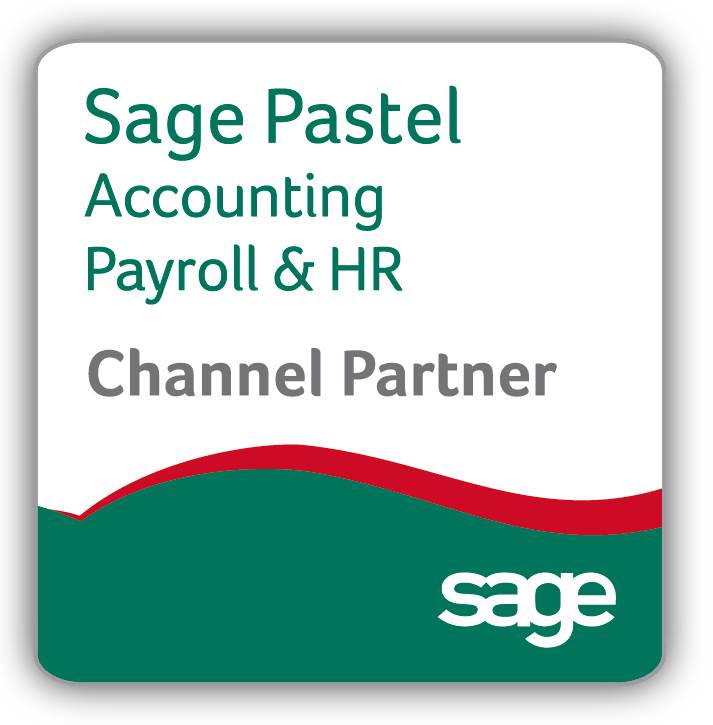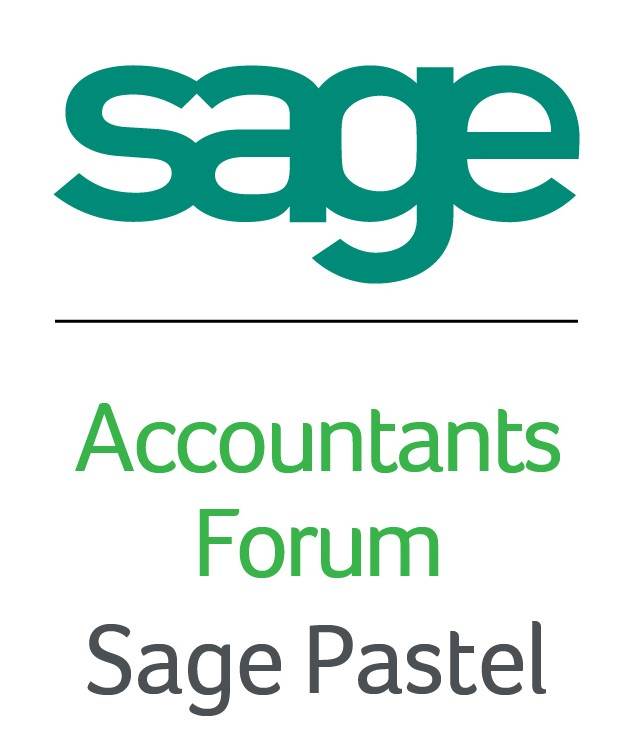Smart Bookkeeping and Accounting Advice :
90 % of businesses fail because of Cashflow – Discover How to make sure this doesn’t happen to YOU!
As a Small Business owner, you might have a full/part time bookkeeper doing your books, VAT Returns etc or you might even be doing them yourself – is it good enough to protect your “financial baby”?!
Because of the new Companies Act, your financial responsibilities have changed.
Here are some tips to protect you from bad bookkeeping practices.
With the new Companies Act coming into force on 1/10/2010, you have to be aware and make sure that your Financial Statements are correct.
All CC’s & Companies will now be governed by the new Act. As a Director/ Member, you now have bigger responsibilities & are held more responsible for the accuracy of your financial practices.
Tips to save you time, money & heartache:
- It is vitally important that your chart of accounts is set up correctly. If you are using a Generic set of Accounts and you add additional accounts, make sure that the financial categories are correctly allocated. If they are incorrect, they will reflect incorrectly on your Balance Sheet, Income Statement & Trial Balance.
IMPLICATION: this affects your profit or loss figure and ultimately gives a worthless view of the financial state of your business. These Financial Statements (FS) are vital when applying to your Bank for finance or an overdraft facility.
- Request Management Accounts from your Bookkeeper on a monthly basis. Check that the income compares to your approximation of your monthly sales & do the same for your expenses. If you are uncertain, ask to see the General Ledger and check how the reported amounts are made up.
RISK:
- I have had a client who had Postage expenses posted to Members Drawings as purchases @ Woolies instead of Postage!
IMPLICATIONS:
- This is reflected as a member expense rather than a business expense, which impacts your personal loan account.
- No VAT can be claimed as a Member expense whereas VAT can be claimed for Postage – so this affects the VAT amount you owe SARS.
- A few of these incorrect postings can significantly affect your VAT liability.
- Every second month, check that the income declared matches your VAT Returns as SARS check this & compare to your submitted year end Financials. The same goes for your expenses. These amounts must correspond with your VAT Returns.
- Make sure that the VAT, PAYE, UIF Returns are submitted & paid on time. Late submissions & payments lead to penalties & interest that mount up very quickly & could lead to a SARS Audit.
- Check any loan accounts every couple of months to make sure that the allocations made are correct. I have seen some very strange allocations that ultimately affect the overall presentation of the business’ financial picture. This is something the Banks look at when considering granting finance. These loan accounts can be the source of conflict between partners. Regular monitoring of these accounts maintains transparency in a partnership which is important for the continued success of the business.
- Check to see if there is a Suspense account operating. This account will be reflected on the Trial Balance.
RISK:
- A Suspense account is to be used as an “in” & “out” account. There should NEVER be a balance in that account!
- Entries get forgotten in this account which then distorts your financial picture. What does this mean?
- For example, payments made through your Cashbook which are allocated to a Suspense account rather than a specific expense account, will result in your profit being overstated. A suspense account is not reflected in an Income & Expenditure, which is why the reflected profit/Loss is not a true reflection of the situation. THIS COULD THEN LEAD TO CASHFLOW PROBLEMS.
IMPLICATIONS:
- If you are unsure of an entry, this account can be used only as an emergency to “store” entries until you can clarify the correct accounting entries. It can also be used for Bank account transfers between your various Bank accounts. HOWEVER, these entries must always be allocated to a specific account, as soon as possible.
- Failure to ensure that these “stored” entries are allocated, can result in either:
- Your expenses being understated/overstated therefore you profit is overstated/understated.
- Your Bank account balances are incorrect.
- Your Balance Sheet will be incorrect.
- A suspense account reflecting on a Balance Sheet or Trial Balance could adversely affect your attempts to obtain finance or overdraft facilities at the Bank. Immediately it shows that the Financial Statements are not a true reflection of the business & that your accounting systems are not in place. It is very important to the Bank, when granting finance, that financial control & systems are correct.
- If left for too long, to reconcile a Suspense account can be very time consuming!
- NEVER HAVE A BALANCE IN YOUR SUSPENSE ACCOUNT FOR ANY LENGTH OF TIME!! This account should be back to zero at every month end.
Debtors
- Allocate your Debtors their own individual account numbers. That way you can ensure that all invoices issued are paid. I had a client whose previous bookkeeper had put every sale into a single “Cash Sale Account”. 1st of all most of these customers paid in 30 days and it was very difficult to reconcile the payments made. She also then added all the deposits made to the Bank Account each month together and posted 1 lump sum to the Cash Sale a/c. The problem was that she didn’t check where the deposits came from & the result was that inter account transfers that had been done from a revolving loan a/c or credit card were all lumped together with debtor payments resulting in the debtors Book being hopelessly understated! This client also had no way of knowing who had actually paid or not.
It is imperative that you keep a regular check on how your accounts are being processed. If not picked up quickly, the problems escalate and become complex and very costly to sort out.
My Accounting Practice has evolved into a Problem Solving Practice. I see many clients who have not been proactive in monitoring the financial side of their business and they have found out the hard way, usually through SARS, that there is a problem. The last thing you want is to have SARS knocking on your door. You can no longer say “I didn’t know” – it just doesn’t cut it anymore and you could land up losing everything.
Having your own business is a dream & a goal for many people. A lot of blood, sweat & tears go into starting a new business and it can be heartbreaking to lose it all through ignorance or your bookkeeper’s ineptitude & lack of knowledge.
Remember, no-one cares about your business as much as YOU do.
As much as production, customer relations, sales, service are important and the “front edge of the wedge” for you, keeping correct, up to date financial records are equally as important and in fact, I believe are the pulse of your business.
These figures can be invaluable in helping to plan your expansion effectively, identify where income could be increased & expenses reduced.
The monthly Management Accounts are a very good indication of how your business is running – an early warning system of a tsunami coming or permission to give yourself a pat on the back for a job well done!
Most people find “paperwork” tedious, which is why it gets neglected – often to the detriment of the health of the business.
The longer you neglect your paperwork the costlier it becomes to sort out. Also the legal repercussions & costs mount up as well as the associated risks.
So how do you avoid falling into the trap & cost of neglected & incorrectly processed accounts?
- Choose your bookkeeper carefully. Check their track record & ask for references. Check their qualifications and make sure that they are sufficiently qualified to do the job. Unfortunately, there are many people out there who think that because they know a debit from a credit they are a bookkeeper. This can prove very costly with incorrect VAT returns, and a set of books that do not accurately reflect the true financial position of the business.
- Should you wish to do the daily processing yourself, make sure that your set of accounts is set up correctly to start off with & make sure you know how to process the various entries. Whilst doing your own books can save in costs initially, it often proves to be more costly in the long run. If incorrectly processed, it can mean that a bookkeeper has to re process an entire years work, which is a waste of your time & the costs can then mount up.
- Another smart alternative should you wish to your own processing, is to have a qualified bookkeeper come in every 2-3 months on a consultant basis, just to check that the entries are being correctly processed. That way, should there be any problems, they can be corrected immediately and you could save yourself a lot of money, time, worry & heartache.
- This way you can also ensure that your VAT returns are correct & believe me, the costs for that hour or 2 every few months are far less than having to have all your books reprocessed for a year or 2. Not only are the costs of having the processing redone an additional, unnecessary cost, but you run the risk of possible over payments to SARS etc. And we all know how difficult it can be to get money BACK from SARS …..
REMEBER – “A STITCH IN TIME SAVES 9”
We provide a 10 point health check up of your accounting system.
If you would like to ensure your peace of mind, give me a call & let’s explore possibilities of how best I could be of value to your business.
I would be happy to consult with you on the setting up of your accounts, doing a check to make sure that your accounts are being correctly posted, or helping you to sort out a mess made by a previous “bookkeeper” or bookkeeping services.
Debbie Vernon – Expert and Efficient Financial OVERLORD to keep you safe, smart and out of a pickle.
082 775 9827
ctdebs@vodamail.co.za
www.gautengbookkeepers.wordpress.com




